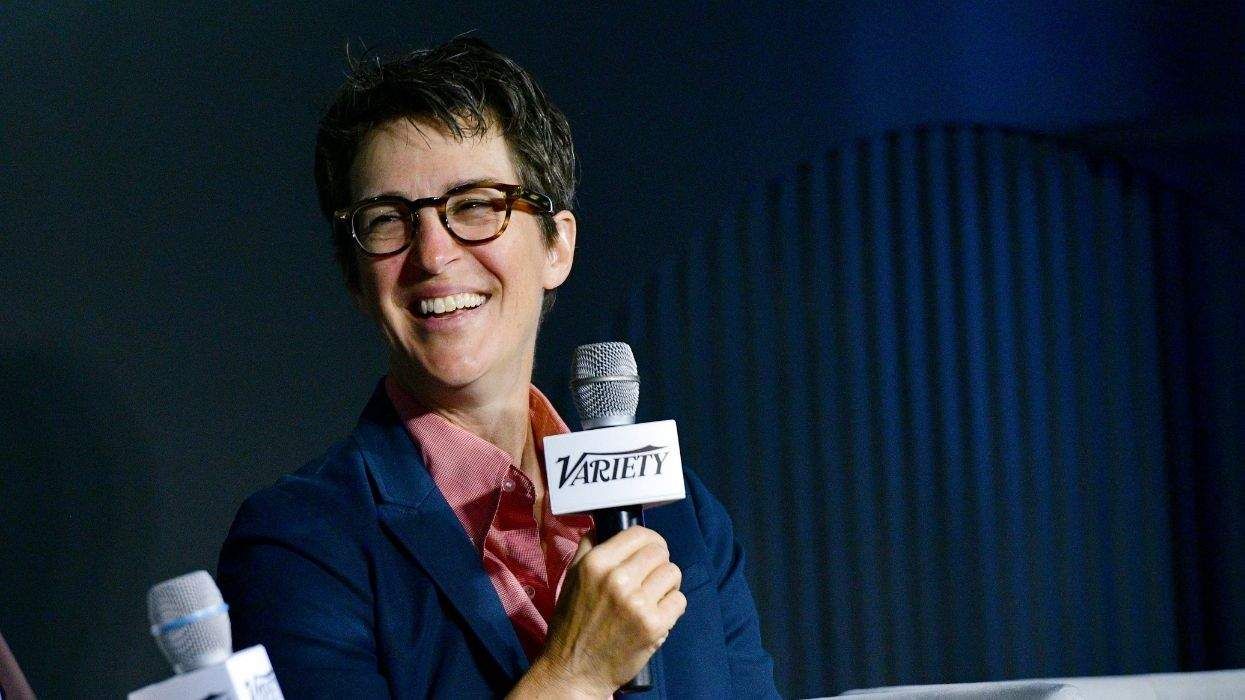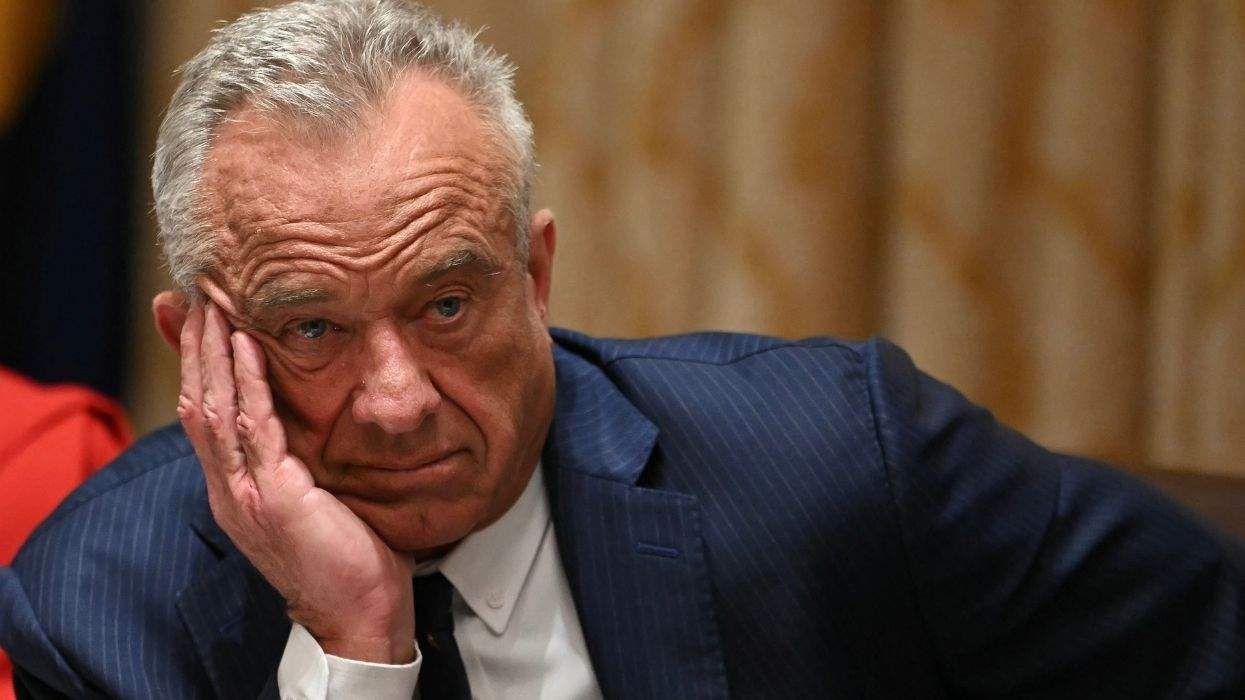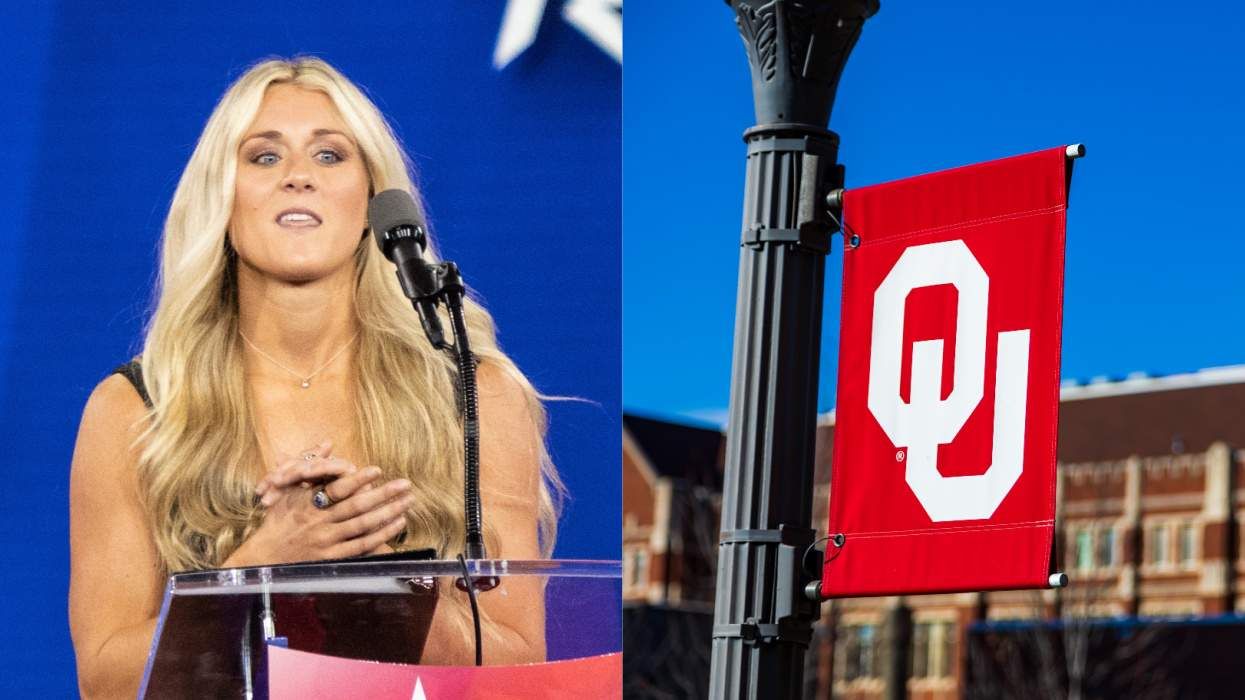Last year, Republican lawmakers in Florida proposed dissolving Disney’s special taxing district after the company criticized the state’s governor for enacting an anti-LGBTQ+ law. On Monday, GOP lawmakers proposed renaming the district and letting Gov. Ron DeSantis choose who runs it.
Under House Bill 9B, released Monday afternoon, Reedy Creek Improvement District will be changed to Central Florida Tourism Oversight District within two years.
It is yet another chapter in DeSantis’ troubling saga with Disney after the company opposed Florida’s Parental Rights in Education, better known as the “don’t say gay” law, last year.
Disney World has been governed by Reedy Creek, a special taxing district controlled by Disney and based in Orlando, since 1967. DeSantis attacked Reedy Creek after the company criticized his administration and the law.
Reedy Creek was planned to be “dissolved” by June this year under a law passed at his urging. But lawmakers did not specify how the state would handle Disney’s nearly $1 billion in bond debt, which would fall on Orange and Osceola counties if Disney’s ability to tax itself were taken away, leaving residents with the bill.
According to Reedy Creek, the legislation violates a “pledge” given to the district when the state established it. Reedy Creek will continue to function under its new name but is not dissolved by this week’s proposed legislation.
In a statement, Walt Disney World Resort president Jeff Vahle said the company was monitoring the legislation, the Tampa Bay Times reports.
“Disney works under a number of different models and jurisdictions around the world, and regardless of the outcome, we remain committed to providing the highest quality experience for the millions of guests who visit each year,” Vahle said.
This legislation does not disband Reedy Creek but strips Disney of control over the 39-square-mile district in Orange and Osceola counties. The company currently chooses five members to serve on the district’s governing board, which can create a fire department and secure land, among other things. Under the proposal, the governor will appoint board members to four-year terms, with a maximum of three terms. Individuals who worked at a theme park or one of its subcontractors during the past five years are not eligible to serve.
Disney may challenge the bill if it becomes law since it stands to lose control over a number of functions at its Orlando theme parks.





































































Charlie Kirk DID say stoning gay people was the 'perfect law' — and these other heinous quotes